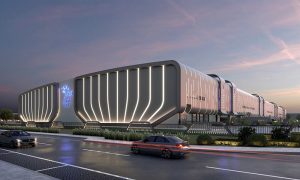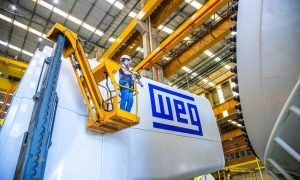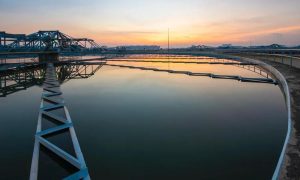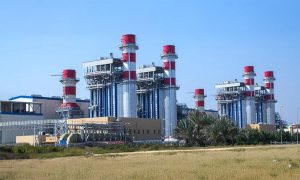Dubai market correction is ‘healthy’, Emaar chairman says
Real estate market cooling down in Dubai is a good thing, Mohammad Alabbar says.

RELATED ARTICLES: Emaar, Dubai Holding launch development at Dubai Creek Harbour | Emaar to distribute dividends worth $2.45bn | Dubai’s Emaar to list hotels unit, chairman says
Corrections in Dubai’s real estate sector and a cooling down of prices are needed to prevent the market from “running out of control”, says Emaar Properties chairman Mohammad Alabbar.
Speaking on the side-lines of a press conference, Alabbar said that while escalating real estate prices are desired by developers, market corrections are required to prevent the situation from getting out of hand.
“You’ve got years when there’s shortage of supply… all the developers like us go crazy, push, push a lot of supply and then you know the situation cools down and that’s perfect,” Alabbar said.
“As a long term player in the market, I think that’s perfect. We do not want a market that’s running out of control,” he pointed out.
Dubai’s market has indeed shown signs of cooling down, with apartment and villa rents dropping 2% and 3% respectively in the third quarter of 2014, according to a report by Asteco. Apartment and villa sales prices also dropped 4% and 1% in the third quarter, the report showed.
This decline was a “natural adjustment to new supply, impact of mortgage cap and higher transaction fees,” Asteco said.
“In 2013, things went crazy because supply was limited. So for me as a long term developer, this spike scares me,” Alabbar said, adding that it was “healthy” that the market was cooling down.
“What I saw in 2013, people hungry, going out of control, I’m glad I don’t see that,” the executive said.
When asked whether Dubai was heading for another bubble, Alabbar said that the government and developers are more cautious now.
“I think we developers have learnt a very, very tough lesson too and we watch what we’re doing almost on a daily basis,” he said, adding that Emaar would adjust its supply along with the demands of the market.
“If we feel the market’s slowing down, we’ll slow down with it,” he said. “If there is oversupply, then the guys who are building, they will stop building. They will stop launching projects, as simple as that.”
“We as developers, we should do our business and we should learn from the past and try not to forget the lesson.”
























